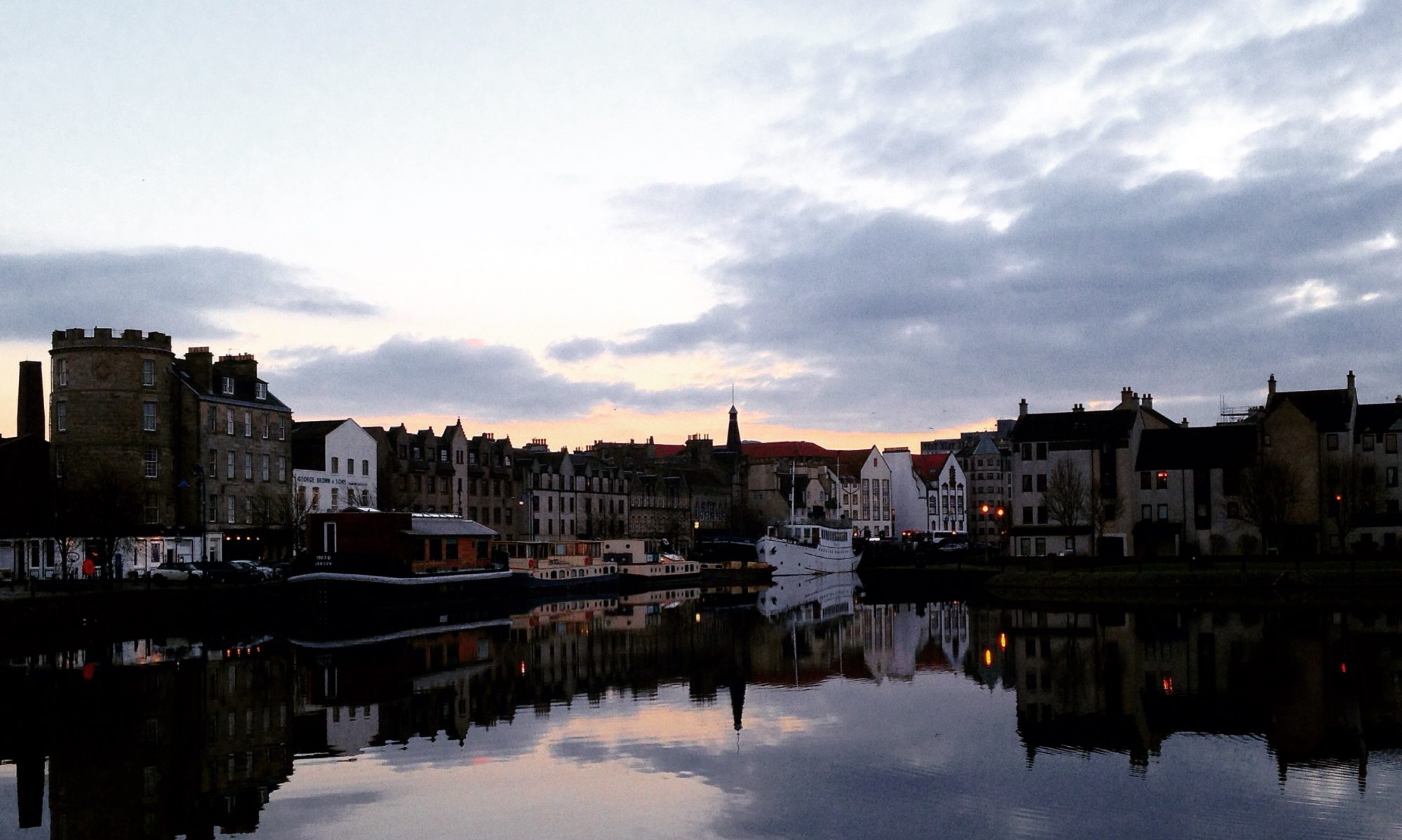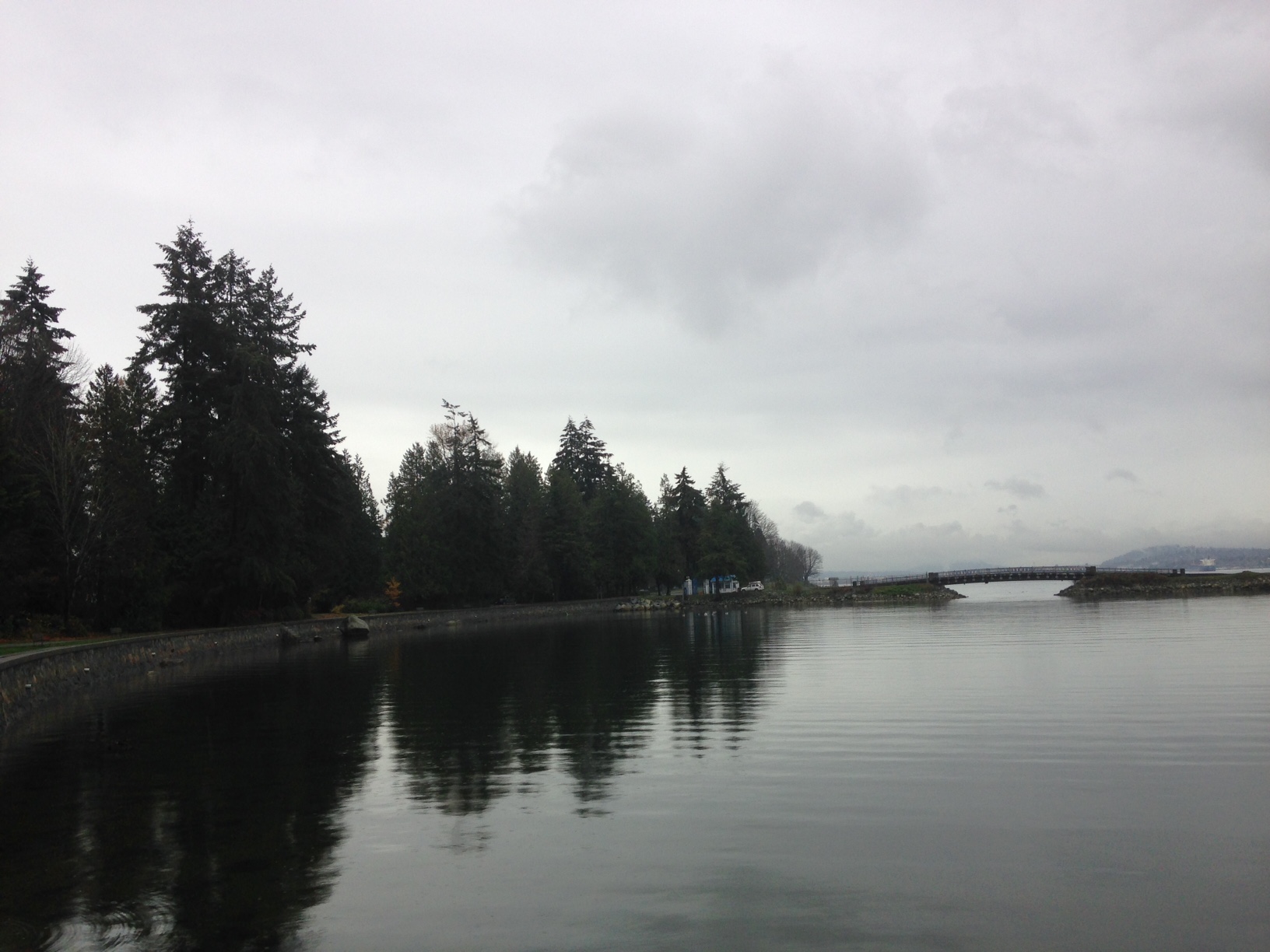In this first month of the Liberal Studies program, I have learned that interdisciplinary studies are an intricate and comprehensive way of thinking and learning. I came into this program thinking that it would be the perfect degree for a future teacher as it would allow me to explore different disciplines and knowledge needed for the profession. What I didn’t know was that it would alter the way I look at different topics and issues or how it would affect the way I approach them.
I try my best to be an open-minded person, but sometimes I can find it difficult to view another’s perspective I don’t particularly agree with. To be frank, I am stubborn. I could dress it up and call it persistence or diligence but in the end, it comes down my innate response to argue, so much so, that I often find myself playing devil’s advocate. It’s not that I can’t accept other people’s viewpoints, I always try to be receptive of other people’s beliefs, ideas, and backgrounds. It is through this class that I learned that therein lies a challenge for me. I can sometimes be quick to reject ideas and concepts that don’t match up with my own principles. I learned that I needed to step back from my beliefs so that I can learn to respect another’s, even if I still don’t fully agree with it. Through the readings, I’ve grasped how important it is to see the other person’s perspective so that I may try to see things from every angle. I’ve realized that I have started with this preconception of what I thought was just, when all it was is bias.
The classroom is full of people with their own ideas, philosophies, and predispositions and it can be difficult to navigate conversation into a debate instead of an argument. In my group alone, we all have varying degrees of beliefs and thought, often contradictory with each other. While at moments it seems like we can’t align our points, in the next moment we seem to redeem ourselves by engaging in conversation that leads to productive deliberation. We may never fully agree with each other’s views but together we have started to open our minds to a different thinking. An idea that at first may seem illogical or wrong, can alter the way we think when we look at it from where the speaker is sitting.
Events during Truth and Reconciliation week, and David Kirk’s Q&A, First Nations 101, was especially eyes opening for me. I have studied indigenous history and knowledge on my own and have empathized with First Nations issues but it wasn’t until his talk that I understood the difference between looking at it through privileged eyes and actually understanding the depth and complexity of their issues. I felt angry at the injustice of the way the system treats and represents them, and the sadness for their loss of culture. What I didn’t take fully into account were the ramifications of hundreds of years’ worth of colonization and the ricocheted effects it has on generations of families. I said in class at one point that representation matters and it was something I believed in before the talk but it was after that showed me just how crucial it is.
This is only one month into the first year of my degree and my perception about knowledge has changed greatly. I’ve discovered more about the way I think and how it affects the way I learn. I’ve learned that I need to start letting go of biases that hold me back from establishing the whole truth. I’ve realized just how many factors go into very important issues that we hear about daily, as well the number of collaborators that are involved in the multifaceted issues and solutions that concern communities. I am keen to experience the continued growth throughout this degree and to continue to learn about how I think and the ways in which I can apply it.

